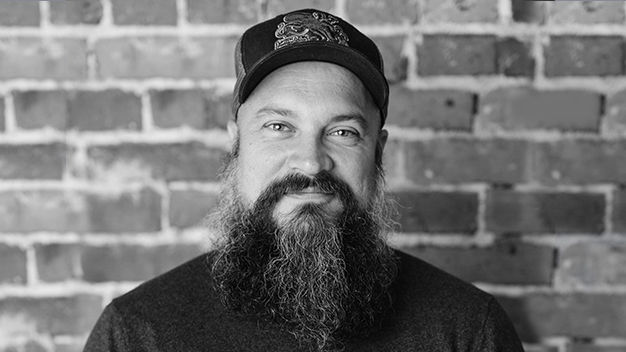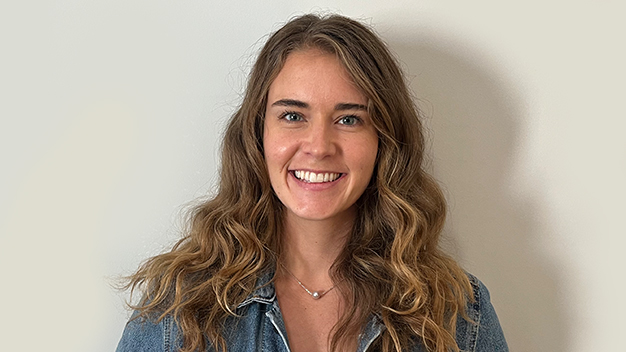Building up trust with stakeholders
Nick Pylypiw

Episode notes
We were joined by Nick Pylypiw, Chief Data Officer at Cape Fear Collective.
Nick shared that one thing he’s been successful at in his career is building up trust with stakeholders. How do you build that trust?
First off, people like data and analytics if it confirms their preconceived biases and beliefs
A lot of people are fans of analytics and data science if it’s confirming what they already believe. One of the things working in pricing and marketing analytics at Lowe’s, is if I went into a room with a bunch of people who are marketing lumber and I said, “Hey, the promotion that you did last week did really well.” They may think, yeah, we really like this guy.
If I said, “Hey, but it missed these markets and these markets” …if it counters their beliefs then that’s where they start poking holes and wanting to find fault in it.
Find some quick wins.
What are some small projects we can work on together that are low stakes projects that get people to buy into it and see, “Ok, now I can see why there’s value in this way of thinking.”
When that inevitable cognitive dissonance comes, then you’ve built up some trust and some capital with that partner.
There has to be a boots on the ground connection.
For the same reasons we talked about building trust and capital in a Fortune 500 company, if you think about the state in that same way, if you’re from the beach town and you try to go up into the mountains and tell them what they don’t know about their public health crises, you’re going to get run out of there.
You still have to build these connections organically.
The same way we talk about building capital in a big company – especially with this line of work, you’d be surprised at how much buy-in you can get if you show up and you actually know how to pronounce the town name and the county name correctly.
Do you go into Beaufort, North Carolina and you say “Buford”. That’s South Carolina by the way. Spelled exactly the same, Beaufort in South Carolina and Beaufort in North Carolina.
If you pronounce it the other way, you’ve lost them before even the first slides hit the screen because it’s just some outsider coming in here who knows nothing about us.
Learn about their area (of work)
One of the things that our data science team has done is when you’re learning about a new area, one of the first tasks that we start doing is putting together a deck of the five worst areas of poverty in this area.
I want to know the five areas where there’s great employment parity or great unemployment rates, all these different things.
Through that exploration, you understand, oh, there’s this town here and there’s this county and you learn about that area. So now when you are in a conversation, you can intelligently talk about that region. It doesn’t sound like you’re just some person looking at a chart and saying, you need to do this and this.
Full Speaker Bio:
Nick is the Chief Data Officer at Cape Fear Collective, a non profit which supports Southeastern North Carolina’s front line organizations in combating poverty, racism, poor health and education outcomes, and socio-economic disparities.
He holds undergraduate degrees in Mathematics and Mathematics Education, as well as a Master’s of Science in Advanced Analytics (NCSU Institute of Advanced Analytics). Prior to CFC, he honed his data science and consulting skills first in the classroom as a high school statistics and geometry teacher, and then in the marketing analytics space, transforming the way Fortune 500+ companies (Lowe’s Southwest Airlines, P&G, and many others) think about their customer strategy and value proposition. Now, his focus is on developing pretty, powerful, and public data resources such as the Racial Equity Dashboard, Healthy Communities NC, and the Community Data Platform. Originally from Onslow County, he lives in Raleigh, North Carolina.
Featured in this episode

Nick is the Chief Data Officer at Cape Fear Collective, a non profit which supports Southeastern North Carolina’s front line organizations in combating poverty, racism, poor health and education outcomes, and socio-economic disparities. Prior to CFC, he honed his data science and consulting skills first in the classroom as a high school statistics and geometry teacher, and then in the marketing analytics space, transforming the way Fortune 500+ companies (Lowe's Southwest Airlines, P&G, and many others) think about their customer strategy and value proposition.

